
Addressing the Symptom Burden of Patients With MPN
The expert who created an assessment tool to help patients with myeloproliferative neoplasms explain their symptoms to their care ream shares how the idea came to fruition.

The expert who created an assessment tool to help patients with myeloproliferative neoplasms explain their symptoms to their care ream shares how the idea came to fruition.
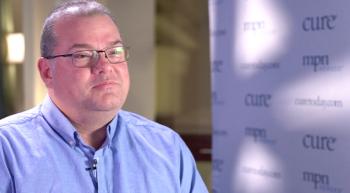
Kurt Schroeder, a research nurse, pushes for a patient-first mentality, especially as they participate in a clinical trial.
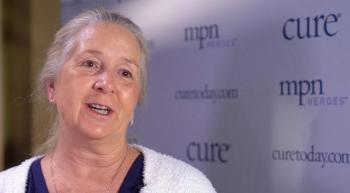
Ann McMullin fought for her son to be properly diagnosed and is advocating for more education among medical professionals of rare diseases like her son’s essential thrombocythemia.

As a guest speaker at the 2019 MPN Heroes ® Recognition Ceremony, Dr. David C. Fajenbaum had the chance to discuss how translational research is a vital part of getting the right treatment to patients with cancer.
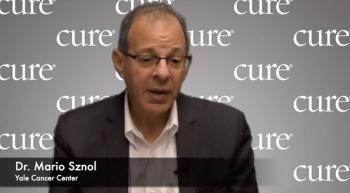
Because they have been found to be effective in the treatment of many types of cancer, including melanoma, immunotherapy drugs like anti-PD-1 agents and anti-CTLA4 therapies should not be discounted because of their toxicities.

Emergency room visits are costly and take a lot of time patients with cancer don’t have, which is why the creation of a 24-hour clinic to address cancer related symptoms and treatment side effects could prove vital for patients.
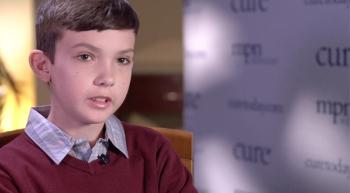
Cannon McMullin was diagnosed with essential thrombocythemia at 8 years old and has remained positive through years of treatment by focusing on the things he likes to do.

For Natalie Catalano, caregiving for her daughter with essential thrombocythemia included not only being a rock of support, but also being a vocal advocate for her daughter’s care team to make the right diagnosis.

Madeleine Henriquez noticed that the mental health care of patients with MPN was being overlooked and took action in a way that has changed her community for the better.
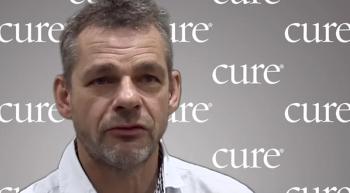
Typically, the longer a patient with cancer is exposed to a drug the more side effects they experience, but in the case of Imbruvica, the opposite appears to be true for patients with MCL.
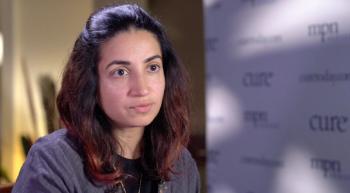
Patients with rare blood cancers are not all the same, and this understanding has helped Dr. Irum Khan become an advocate for people with these conditions — and an MPN Hero.
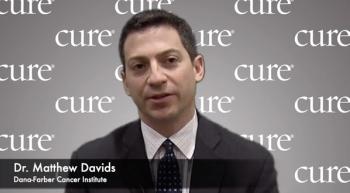
Researchers are exploring ways to limit the duration of treatment in chronic lymphocytic leukemia in order to reduce costs.

Young women and women of color with breast cancer, as well as those with metastatic disease, had the chance to experience SABCS 2019 and advocate for representation of their patient groups in ongoing clinical trials.
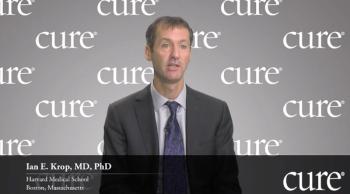
The comparison of trastuzumab deruxtecan (DS-8201a) with standard chemotherapy is examined for patients with low levels of HER2 metastatic breast cancer and final thoughts on the future treatment landscape of HER2+ breast cancer.

The role of antibody drug conjugate DS-8201a (trastuzumab deruxtecan) in the treatment of HER2-positive metastatic breast cancer and an overview of the DESTINY-Breast02 and DESTINY-Breast03 trials.

Ian E. Krop, MD, PhD, provides insight on HER2 expression in breast cancer, treatment for blocking HER2, and the management of newly diagnosed HER2+ metastatic breast cancer with T-DM1.
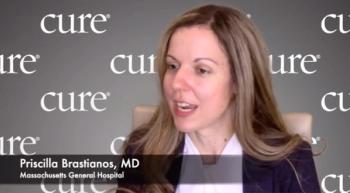
New findings show that Ibrance has the potential to help patients with brain metastases that harbor a CDK pathway alteration.

At the 2019 MPN Heroes® event Tammy Matuska, B.S.N., RN, known as the "lifeline to patients," was honored for her outstanding work for patients with MPN.
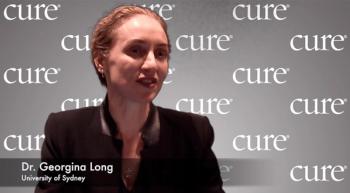
The overall survival rate in patients with melanoma has increased exponentially in the past decade. But thanks to the use of combinations in the treatment of melanoma, the future looks even brighter, according to one expert from the Melanoma Institute Australia.
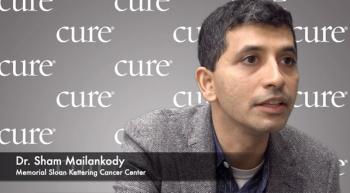
As patients progress through therapy, it is important that oncologists not disregard the novel agents that are currently being investigated in clinical trials, according to Memorial Sloan Kettering Cancer Center’s Dr. Sham Mailankody.
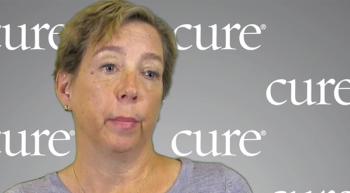
When others assume that patients with lung cancer must have smoked to get the disease, this stigma can affect patient outcomes.
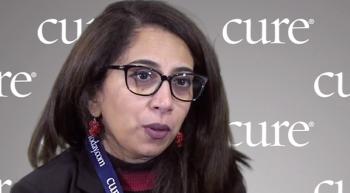
Immunotherapy in combination with chemotherapy is becoming a popular treatment for patients with lung cancer, but patients need to understand the side effects.
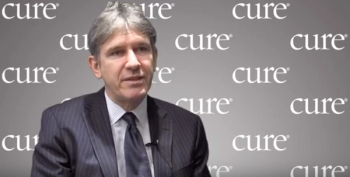
An overview of the therapies available for patients with diffuse large B-cell lymphoma (DLBCL) and transformed follicular lymphoma.
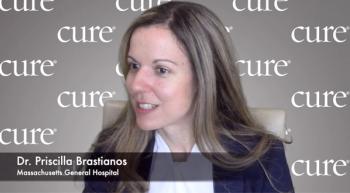
While scientists have a limited understanding of how brain metastases genetically evolve from their primary tumor, research presented at the Society for Neuro-Oncology’s Annual Meeting may have identified a connection between genetic mutations and treatment options that could offer patients improved outcomes.
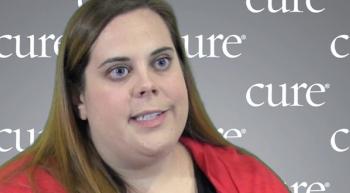
There is plenty of scientific data about the physical challenges patients with cancer endure, but more is needed to address psychosocial issues.
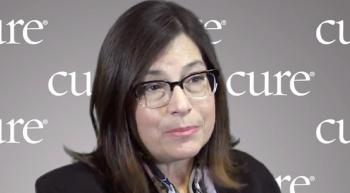
To combat the stigma around mental health care for patients with lung cancer, survivor Nancy Cohen shares her own treatment story and why she feels it's important to include mental health care during cancer treatment.
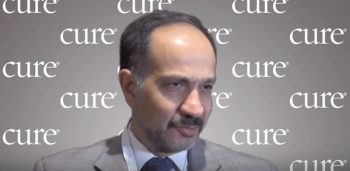
Hossein Borghaei, DO, MS, of Fox Chase Cancer Center, discusses emerging treatment options for patients with lung cancer.
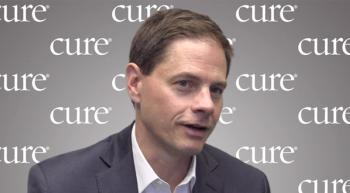
When asked about the future of renal cell carcinoma (RCC) treatment, one expert is hopeful about the current search, but notes that more work is needed to find a reliable biomarker for use in patients with the most common kind of kidney cancer.

When making treatment decisions in breast cancer, patient concerns about how each treatment will affect their daily life — and their disease stage — have an important role to play, according to Dr. Sara Hurvitz.
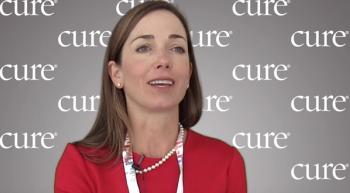
The safety profile and effectiveness of each therapeutic option are both important considerations to keep in mind when clinicians and patients weigh their breast cancer treatment options, according to one expert.